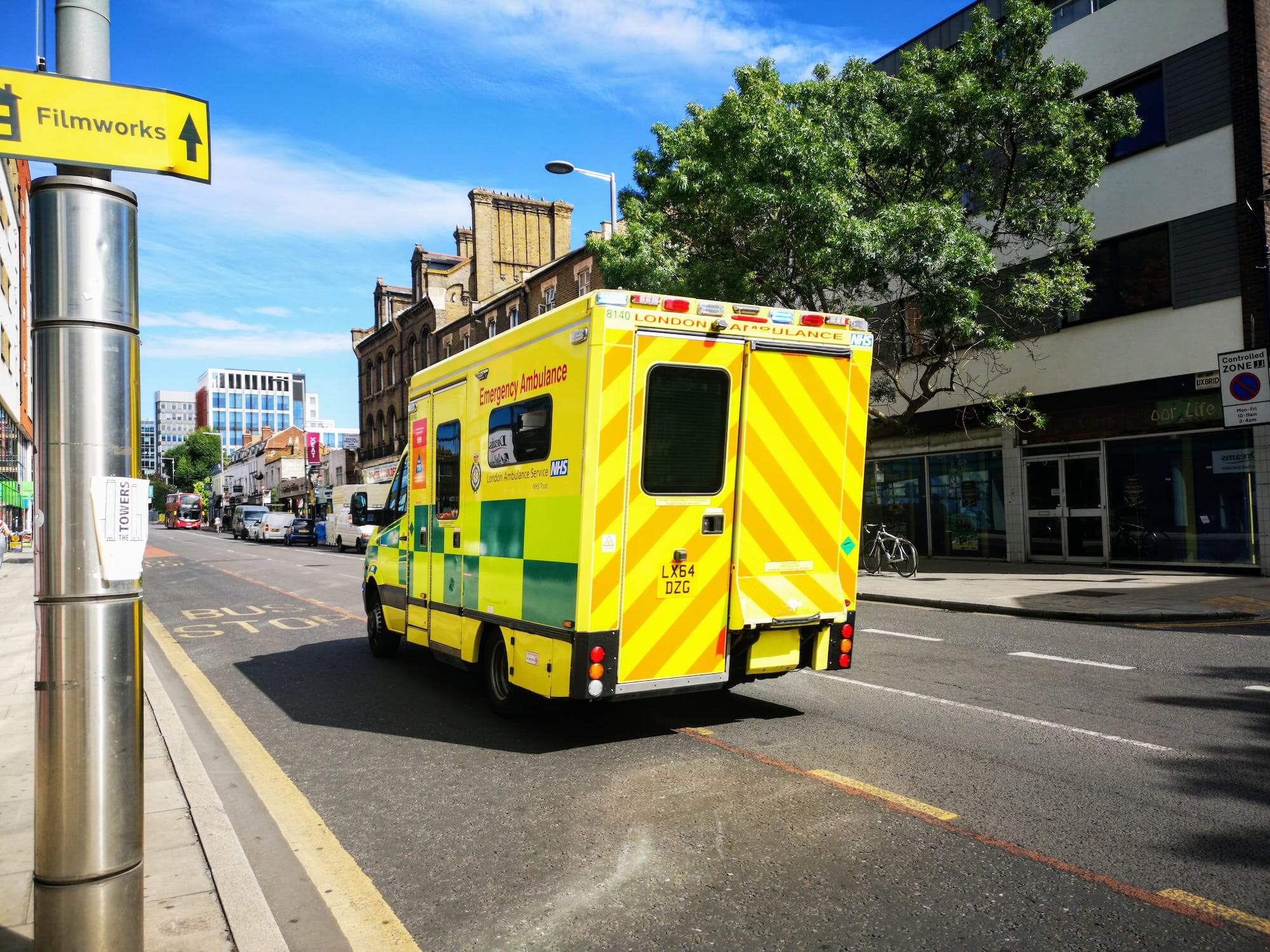The National Health Service (NHS) was published in 1946 and launched in 1948. The NHS completely changed how people across the UK accessed, and still do, basic healthcare. The initial proposal of the NHS was that people would be able to get treatment if they became ill and would not need to pay for it.
In the last 73 years, there have been huge advancements in preventative care, a greater understanding of treatments for life-shortening conditions as well as astounding strides in medical research and developments. All of which is delivered to the nation, free at the point of delivery.
According to research, men and women now live an average of 10 years longer than they did in 1948, and is all thanks to the amazing contributions of their local NHS doctors, nurses and many other workers.
With the NHS celebrating its 74th anniversary in 2022, here are some basic facts about the NHS you probably didn’t know about.
Aneurin Bevan Created the NHS
Aneurin Bevan was the individual who worked primarily on the principle that the NHS should meet all citizen’s needs and be free at the point of delivery. He was Minister of Health in the UK from 1945 to 1951, and a Member of Parliament throughout his career until he died in 1960.
The NHS is the Largest UK Employer and 5th Largest in the World
NHS England is the UK’s largest employer, with NHS Scotland coming in at a close second. The NHS employs around a total of 1.5 million people across the UK, with jobs varying in skills, levels and tasks. From receptionists, doctors to cleaners, the NHS ranks as the world’s 5th largest employer, with the US Department of Defence and China’s People Liberation Army, Walmart and McDonald’s ranking in ahead.
NHS Prescriptions Were Free
Currently, it costs around £8.60 for a single prescription in England. Meanwhile, under 16s and over 60s and inpatients are exempt from paying for prescriptions. However, when the NHS first launched itself, prescriptions were completely free for everyone regardless of age or income.
The growing drugs bill in 1952 meant that a charge of 1 shilling per prescription form was put in place. Later in 1959, this increased to 2 shillings per item and then in 1965 this charge was scrapped. By 1968, however, the charge was reintroduced and since then prescription prices have continued to rise and fall.
The NHS Budget Started at £437 Million
When the NHS launched 73 years ago, the budget was much smaller than it is today. It all began with a budget of £437 million, which is equal to about £15 billion in today’s value. Today, the budget for the Department of Health is worth over £124.7 billion, which is indicative of the ever-growing demand of the NHS.
The First Test Tube Baby was Born in an NHS-Run Hospital
Louise Joy Brown was born in 1978 and is considered as the world’s first successful test tube baby. This then paved the way and started the movement towards in-vitro fertilisation, as “test tube” babies for couples with fertility struggles are born all over the world today – including thousands of IVF treatments (administered by the NHS).
Every Minute, the NHS Receives Around 20 Calls
These phone calls are made to NHS Direct, a service that offers immediate health advice and information over the phone. More than 1 million calls were logged over the Christmas holidays in 2007.
23 Million People a Month Visit a GP
Each month, about 23 million people make use of the advantage of access to a general practitioner or surgery – this means a lot of people are seeking healthcare and seeing healthcare providers. Even today, with the ever growing demand of the NHS many GPs are now campaigning for people to only visit when necessary.


 71–75 Shelton Street, Covent Garden, London, WC2H 9JQ
71–75 Shelton Street, Covent Garden, London, WC2H 9JQ +44 (0) 20 3376 1032
+44 (0) 20 3376 1032



